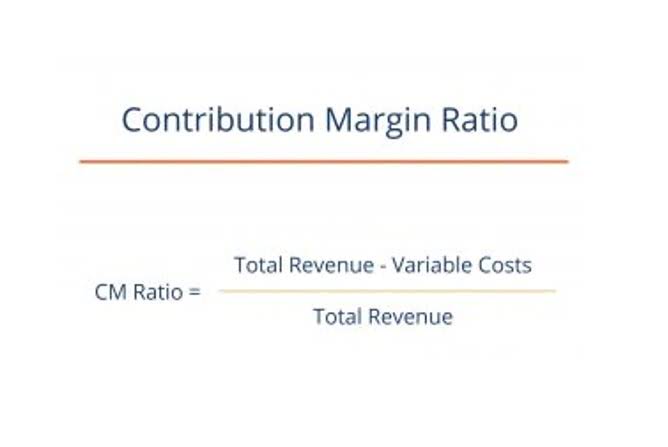What Is Accounting? The Basics Of Accounting

Certification requirements vary, with some roles requiring additional educational requirements above the bachelor’s degree and successful completion of rigorous examinations. The most common are the certified internal auditor (CIA), certified management accountant (CMA), and certified public accountant (CPA). The “Golden Rules of Accounting” are also referred to as the “3 Golden Rules of Accounting”. They relate specifically to the types of accounts listed above, and how transactions in these accounts are debited and credited. Real accounts are permanent accounts, they are recorded in the balance sheet and are not closed at the end of an accounting year.
More from Merriam-Webster on accounting
In addition, quantitative data are now supplemented with precise verbal descriptions of business goals and activities. In the United States, for example, publicly traded companies are required to furnish a document commonly identified as “management’s discussion and analysis” as part of the annual report to shareholders. This document summarizes historical performance and includes forward-looking information. You can choose to manage your business accounting by hiring an in-house accountant or CPA. This can be a great option if you want to ensure your books are in order, and that your company’s financial information is accurate, but it does come with some drawbacks.
The Financial Statements
Accounting is the process of recording, classifying and summarizing financial transactions. It provides a clear picture of the financial health of your organization and its performance, which can serve as a catalyst for resource management and strategic growth. Financial define accountancy accounts have two different sets of rules they can choose to follow. The first, the accrual basis method of accounting, has been discussed above. These rules are outlined by GAAP and IFRS, are required by public companies, and are mainly used by larger companies.
How do small businesses use accounting?
- The International Financial Reporting Standards (IFRS) is the most widely used set of accounting principles, with adoption in 168 jurisdictions.
- There are no legal requirements or tests you must pass to call yourself an accountant, but ideally you would have an accounting degree from a recognized institution, and some work experience.
- The crux of accountancy lies in finding out which of the two accounts are affected by a particular transaction and out of these two accounts which account is to be debited and which account is to be credited.
- In addition to this financial overview, proper accounting practices prepare your business to file taxes and produce financial statements needed for potential investors or business loan applications.
- However, modern accounting as a profession has only been around since the early 19th century.
Regardless of who you hire, knowing basic accounting principles can help you understand your business better and have more productive conversations with your financial team. It is a means through which information about a business entity is communicated. Through the financial statements – the end-product reports in accounting – it delivers information to different users to help them in making decisions.

Managerial Accounting
In general, large businesses and publicly traded companies favor accrual accounting. The process of financial accounting is important because it deals directly with a company’s money, specifically all the expenses and income related to its day to day business operations and investments. That information can be recorded incorrectly, not at all, or improperly catalogued. An income statement can be useful to management, but managerial accounting gives a company better insight into production and pricing strategies compared with financial accounting.

As per Robert N. Anthony, “Accounting system is a means of collecting, summarizing, analyzing and reporting, in monetary terms, information about the business”. An accountant’s duties often depend on the type of educational background and designation they receive. Most professionals in the field possess bachelor’s degrees and—if employed by a corporation—may require certification to move up within the firm. Accountants work with companies, governments, and non-profits, or set up private practices.

In cost accounting, money is cast as an economic factor in production, whereas in financial accounting, money is considered to be a measure of a company’s economic performance. This makes it easier for investors to analyze and extract useful information from the company’s financial statements, including trend data over a period of time. It also facilitates the comparison of financial information across different companies. The ultimate goal of any set of accounting principles is to ensure that a company’s financial statements are complete, consistent, and comparable.
International Financial Reporting Standards (IFRS)
Generally, a businessman has to pay corporate tax, VAT and excise duty, etc. Therefore, it is necessary that proper accounts should be maintained to compute the tax liability of the business. Financial Information should be based on facts which can easily be verified. Financial information can be verifiable if it is based on original source documents.

